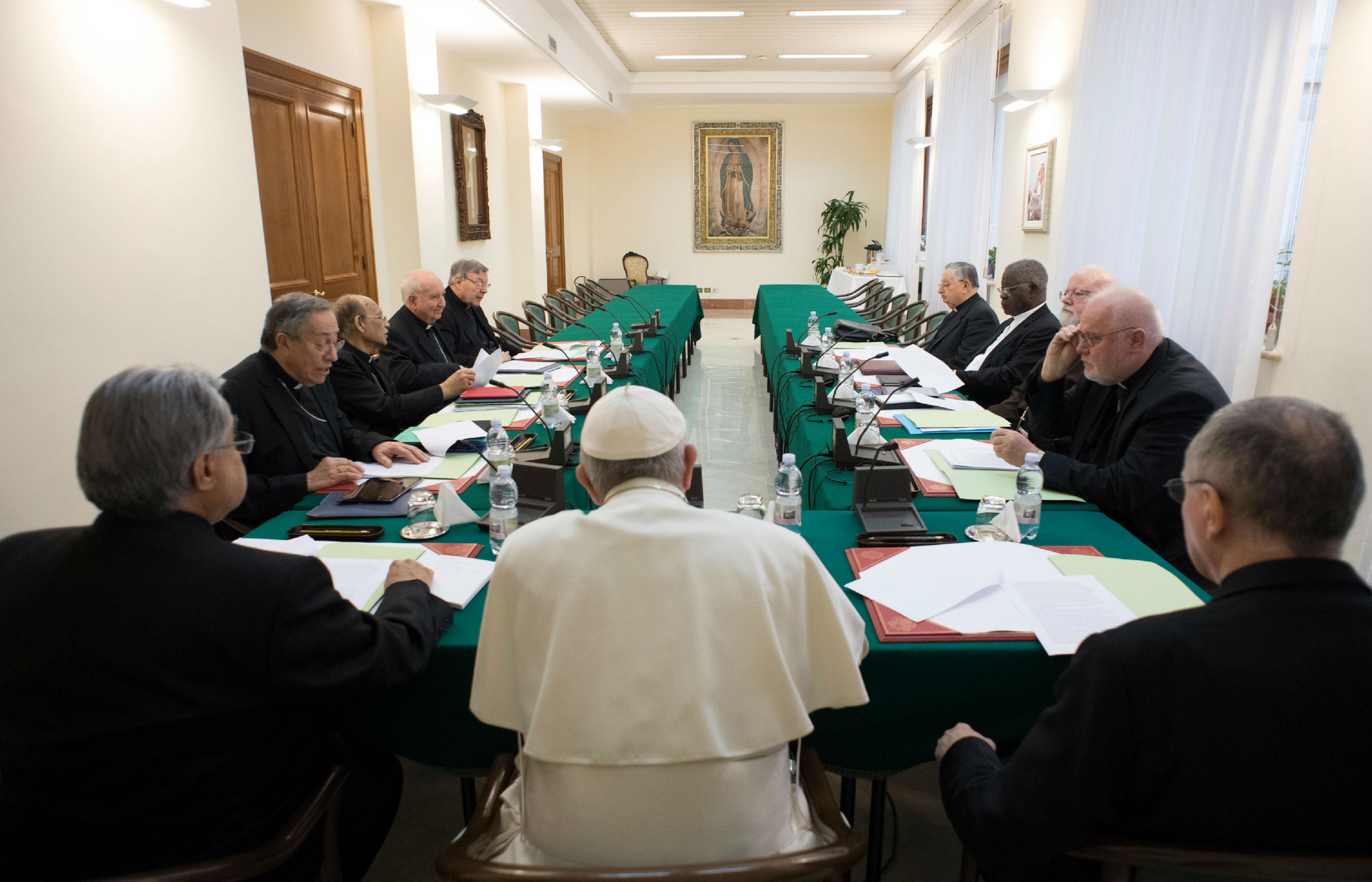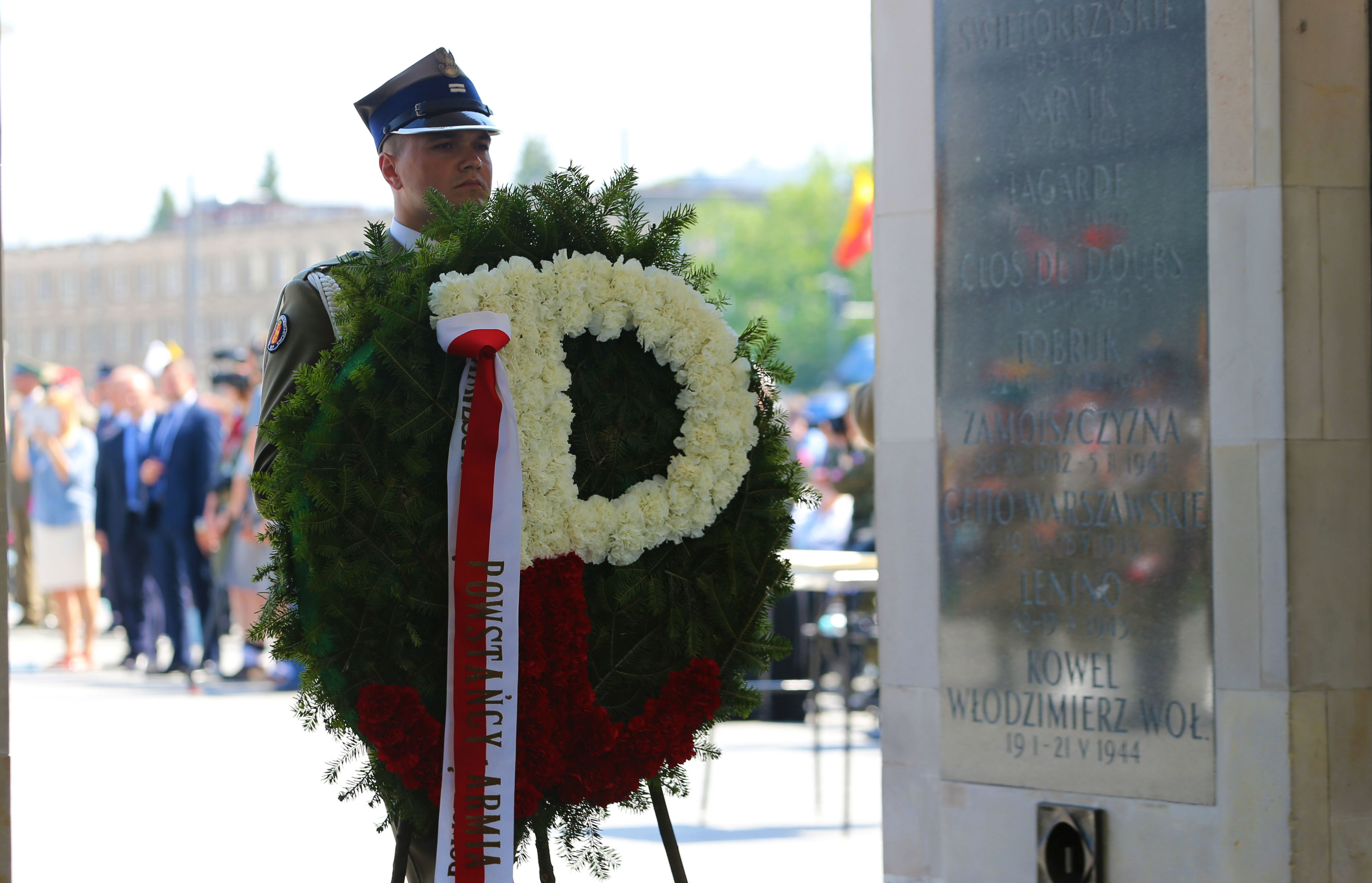Polish Church leaders have warned against stoking "exaggerated political emotions" after their country's governing party demanded massive new war reparations from neighbouring Germany.
"The reconciliation process we jointly launched and consistently implemented over recent years has set an example for many other states", said Cardinal Kazimierz Nycz of Warsaw and other bishops responsible for German Church ties. "It represents a great value, achieved and upheld thanks to efforts not just by politicians but by many people of goodwill on both sides of the border. We are aware, however, that it could easily be lost by thoughtless decisions and rashly spoken words".
The bishops were reacting to demands by the ruling Law and Justice party, headed by Jaroslaw Kaczynski, for the government of Chancellor Angela Merkel to pay Poland 840 billion euros (GBP 766 billion) for damages and losses suffered under Nazi occupation during the Second World War.
They said steps towards forgiveness and reconciliation had been initiated in the 1960s by a Polish Church appeal, co-signed by the future St John Paul II, which still retained its "importance and relevance". They added that the German side had since made "many gestures" to compensate for wartime sufferings, such as by sending aid to Poles under communist-imposed martial law in the early 1980s.
"The way unresolved issues are tackled in our relations is hugely important", said the bishops, who included Poland's former Catholic primate, Archbishop Heryk Muszynski. "They must be approached through wise diplomacy so as to uphold the trust which was achieved with great efforts, and not wrecked by inciting negative social emotions".
German armies invaded western and northern Poland on 1 September 1939, prompting declarations of war by Britain and France, and were followed on 17 September by a Soviet counter-invasion in the east. The six-year Nazi-led occupation cost the country a third of its national wealth and a fifth of its population, including 90 percent of its three million-strong Jewish minority.
Germany made reparations in 1953, 1970 and 2004, and has insisted Poland made binding pledges not to seek further damages. However, some Polish politicians have argued the pledges were made under duress, including post-War pressure from Moscow, and say the German government still has a moral obligation to pay more.
In a radio interview last weekend, Poland's premier, Beata Szydlo, said she also believed Poland had a right to demand further reparations, adding that her government would state its official position as soon as a "political decision" was taken. However, in their statement, the bishops said "bonds of goodwill and friendship", nurtured over recent decades, should not be put at risk.
"The capital of goodness, accrued over years in mutual ties between our societies, nations and states should not be squandered", they added. "We hope people responsible for our country and its international relations will appreciate the process of reconciliation so far achieved and continue building on this capital and its many layers of value".
Ties between Poland and Germany, both members of NATO and the European Union, have also been periodically troubled over compensation demands for the post-War deportation of up to 12 million German civilians from Poland and the then Czechoslovakia. In an August survey by Warsaw's Ibris agency, over half of Poles said they opposed new reparation claims against Germany, although a quarter supported them.
In 2015, Germany also dismissed new reparation demands from Greece for the death of 20,000 civilians and mass destruction of villages during its 1941-1944 Nazi occupation.
PICTURE: A ceremony was held at the Tomb of the Unknown Soldier on August 1st 2017 in Warsaw, commemorating the 73rd anniversary of the Warsaw Uprising in Poland. The 1944 uprising's goal was to liberate Warsaw from German Nazi control. Estimated figures of Polish civilian deaths range from 150 thousand to 200 thousand.



 Loading ...
Loading ...